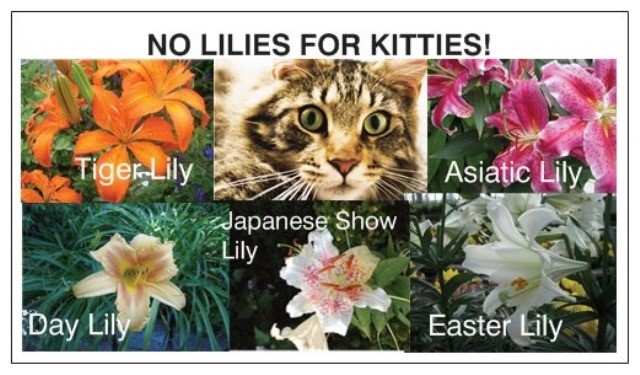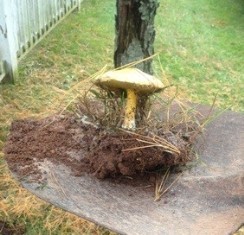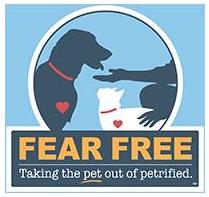 March 2016 – Pet Poison Prevention Week
March 2016 – Pet Poison Prevention Week
Pet Poison Prevention week is the third week in March, and there is no better time to remind all pet parents of the dangers of two very toxic plants that can be fatal to cats and dogs.
No Lilies for Kitties!
With the Easter and Mother’s Day holidays rapidly approaching, the veterinarians from Pet Poison Helpline, in partnership with the Minnesota Veterinary Medical Association, have launched an educational campaign to raise awareness about this deadly plant toxin to cats that we want to share with all cat owners.

Most people are unaware that ingestion of any part of a lily can be fatal for cats. This is of particular concern given the popularity of lilies in bouquets and gardens. Lilies in the “true lily” and day lily families such as Easter lilies, stargazer lilies, tiger lilies, Asiatic lilies, and Oriental lilies are highly toxic to cats. Ingestion of just one petal, leaf, or even the pollen, can cause kidney failure in less than three days. Unlike common pet toxins like chocolate, studies suggest less than 30 percent of cat owners realize how deadly these plants can be.
Cats and other pets consuming any part of a lily plant need immediate veterinary medical care. In order to quickly assess the severity of the situation, pet owners should call Pet Poison Helpline (800-213-6680) or bring the animal and plant to their veterinarian or nearby pet emergency clinic as soon as possible. Early identification of the specific lily and appropriate treatment is critical.
Learn More! – Lily toxicity and your cat
Mushrooms can be fatal to your pet!
Mushroom poisoning in pets, particularly dogs who are most prone to ingesting a variety of foods and plant material at random, is an ever present danger that all pet parents need to be aware of. A wide variety of mushroom species are found in New Jersey, and mushrooms can be found in your yard throughout the year. With the arrival of spring, all it takes is a few days of temperatures to rise above forty degrees, and mushrooms will start to appear. Look for them in your lawn and under pine trees.


With so many varieties, mushroom species can be difficult to identify and differentiate between which are toxic. To be safe, it’s best to keep your pet away from all wild mushrooms and call your veterinarian or nearby emergency clinic immediately if you think your pet has eaten a mushroom or any part of the plant. Do not delay! Quick action is critical and can be lifesaving for your pet!
This photo gallery published by our friends at VetStreet shows a few of the most recognizable species of toxic mushrooms.
Learn More! – Mushrooms may be toxic to your pet
As always, better safe than sorry!
Belle Mead Animal Hospital, Your Other Family Doctors
LIKE us on Facebook, Follow us on Twitter @BMAH121 for news and pet wellness tips. We’re now on Pinterest!








